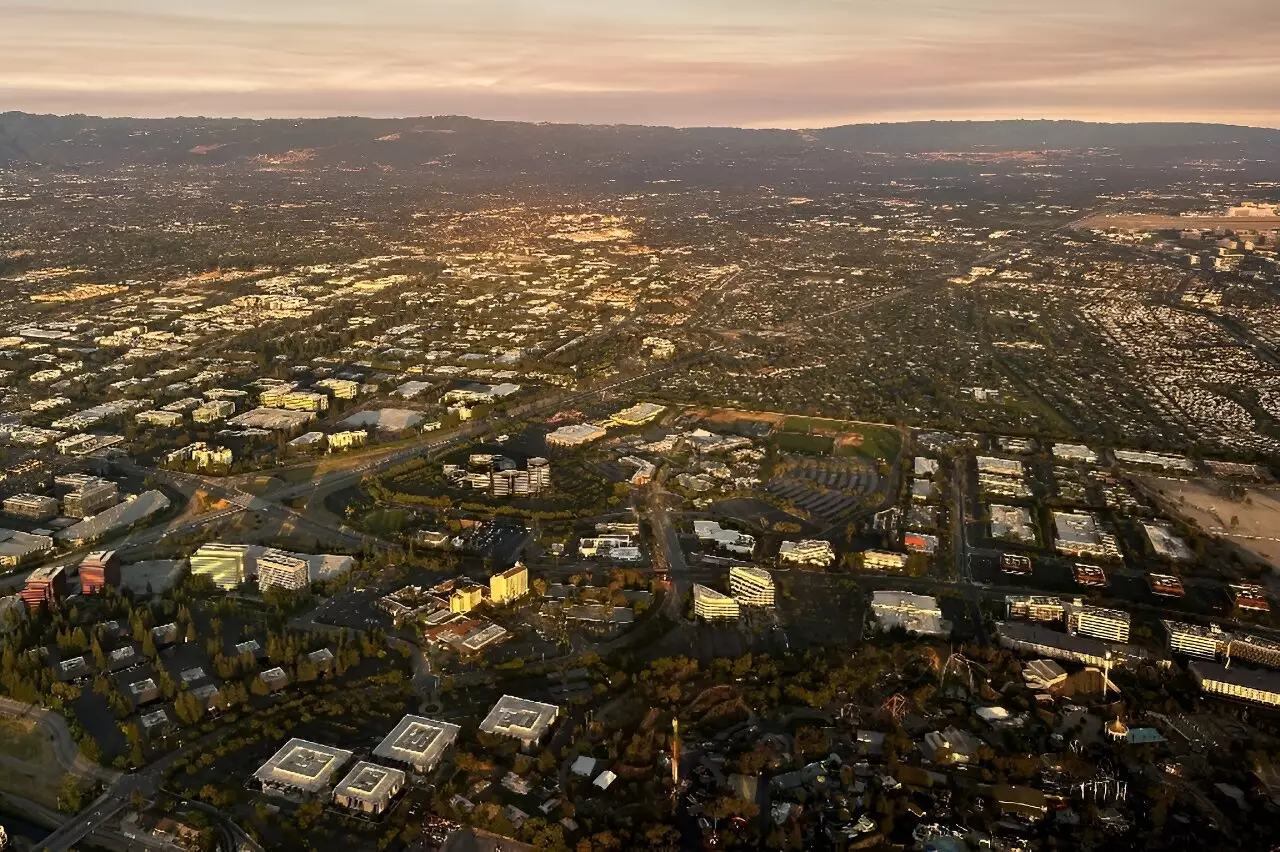In recent months, an alarming trend has emerged in Silicon Valley’s generative AI sector. A number of promising startups, such as Inflection AI and Adept, have either been acquired by or closely tied to major US tech giants. These acquisitions, disguised as discrete transactions, have raised concerns among critics who believe that companies like Microsoft and Amazon are strategically avoiding competition regulators. This trend not only threatens the independence of innovative startups but also limits competition in the industry.
The Struggles of Independent Startups
Amidst this acquisition frenzy, independent startups like Character AI are facing significant challenges in securing the necessary funding to sustain their operations. Some, like French startup Mistral, are particularly vulnerable to being swallowed up by tech giants. The financial demands of staying afloat in the AI industry, especially following the groundbreaking release of ChatGPT, are pushing startups towards partnerships with deep-pocketed corporations like Microsoft, Amazon, and Google.
Contrary to the traditional Silicon Valley narrative, the development of generative AI technology cannot be achieved through bootstrapping in a founder’s garage. The sophisticated nature of this AI requires extensive computing power that can only be provided by large cloud providers. Founders of startups like Inflection and Adept, many of whom have backgrounds at tech giants like Google and OpenAI, are now seeking to replicate the resources available in heavily funded research labs. This shift highlights the growing influence of big tech companies in shaping the AI landscape.
The Impact on Innovation and Competition
While aligning with established tech behemoths can provide startups with the necessary resources to progress, it also poses a threat to competition and innovation. By consolidating power and talent within a few major companies, there is a risk of stifling creativity and monopolizing the industry. The concern over whether government regulators will intervene to prevent such monopolistic practices looms large in Silicon Valley, as evidenced by recent scrutiny of acquisitions by companies like Microsoft and Amazon.
Regulators in the US, Europe, and the UK are increasingly vigilant in monitoring the activities of big tech companies, particularly in relation to acquisitions of smaller firms in the AI sector. The recent joint statement by regulators underscores a commitment to preventing tech giants from dominating the nascent AI industry. While antitrust enforcers may face challenges in blocking certain arrangements between startups and major corporations, the growing awareness of the need for regulatory oversight indicates a shift towards protecting innovation and competition.
The vanishing startup phenomenon in the AI industry reflects a broader trend of consolidation and acquisition by tech giants. While aligning with established companies can provide startups with the resources needed for growth, it also raises concerns about stifling innovation and competition. As regulators seek to address these challenges and prevent monopolistic practices, the future of the AI industry hangs in the balance. Startup founders and investors must navigate this evolving landscape carefully to ensure the continued development of groundbreaking technologies while fostering a diverse and competitive market.


Leave a Reply